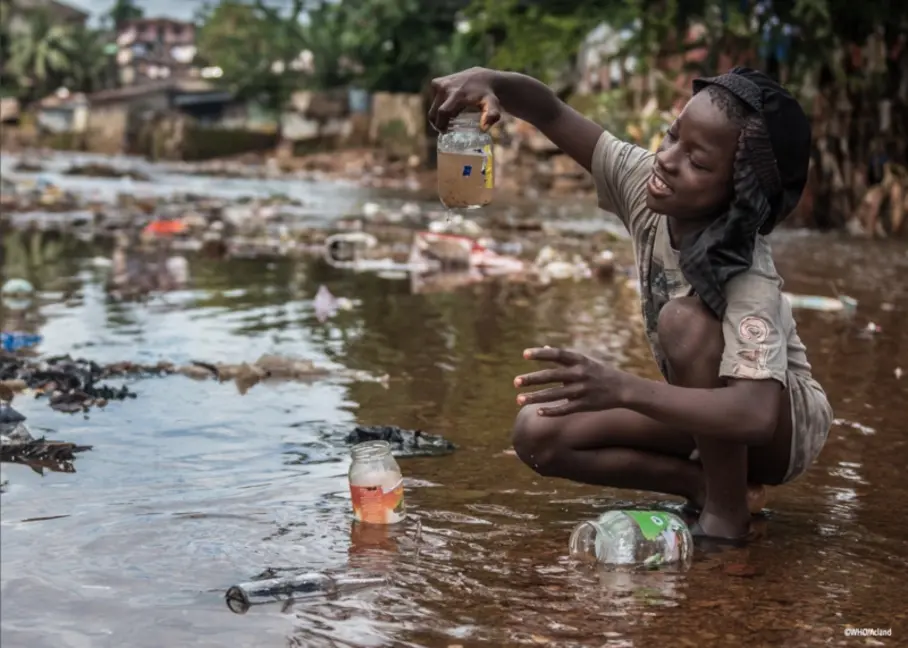At least 40 people have died in the past week during Sudan’s “worst cholera outbreak in years”, according to medical charity Médecins Sans Frontières (MSF).
With hospitals overwhelmed, medical staff are treating patients on mattresses laid on the floor, MSF said, as the country’s two-year civil war fuels the spread of the disease.
Sylvain Penicaud, MSF’s project coordinator in Tawila, North Darfur, said families in displacement and refugee camps were often forced to drink contaminated water.
“Just two weeks ago, a body was found in a well inside one of the camps. It was removed, but within two days, people were forced to drink from that same water again,” he said.
Sudan’s outbreak was first confirmed by the Federal Ministry of Health a year ago. Since then, more than 99,700 suspected cases and over 2,470 related deaths have been recorded. Heavy rains, which contaminate water and overwhelm sewage systems, and the mass movement of people fleeing fighting have worsened the crisis.
The Africa Centres for Disease Control and Prevention has repeatedly raised concerns over the disease’s spread across the continent. As of May, Africa accounted for 60% of global cholera cases and 93.5% of deaths, with Sudan, South Sudan and the Democratic Republic of the Congo among the worst affected.
In Tawila, MSF and the local health ministry treated more than 2,300 patients last month alone. The hospital’s 130-bed cholera centre admitted 400 patients in the first week of August. The UN estimates 380,000 people have arrived in the town since April after fleeing fighting near El Fasher and Zamzam camp.
While the World Health Organisation says people in emergencies require at least 7.5 litres of water a day, Tawila residents have access to an average of only three. MSF said shortages across Darfur made essential hygiene practices, such as washing food and dishes, impossible.
Other cholera treatment centres in the region also at capacity
“The health centres are full,” said Samia Dahab, a resident of Otash displacement camp in Nyala, South Darfur. “Some areas have water, others have kiosks that are far away or empty. Some water is salty, and we drink it unboiled, unsure if it’s safe.”
Tuna Turkmen, MSF’s head of mission in Sudan, described the situation as “beyond urgent” and warned the disease was now spreading beyond displacement camps into towns and villages across Darfur and beyond.
In neighbouring Chad, 16 deaths and 288 cases were reported in the second week of August.
Turkmen urged an international response to deliver healthcare, improve water and sanitation, and begin large-scale cholera vaccination campaigns. “Survivors of war must not be left to die from a preventable disease,” she said.



